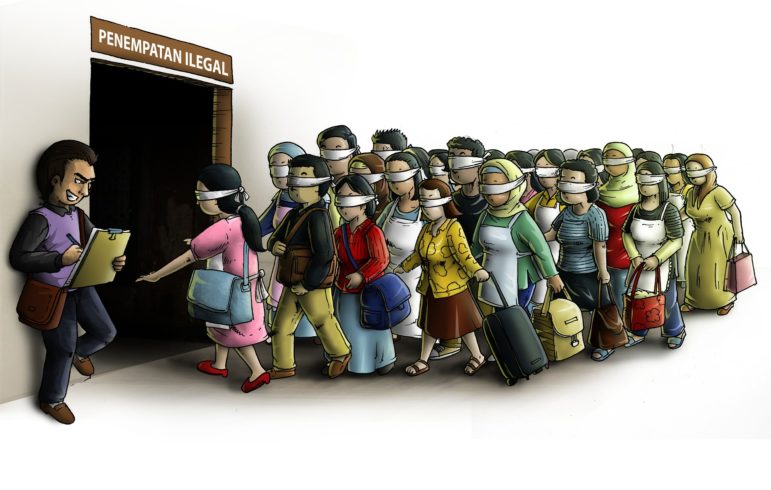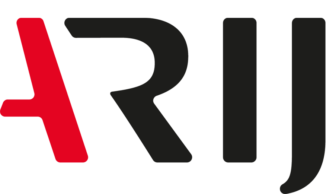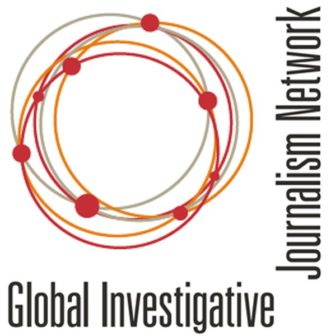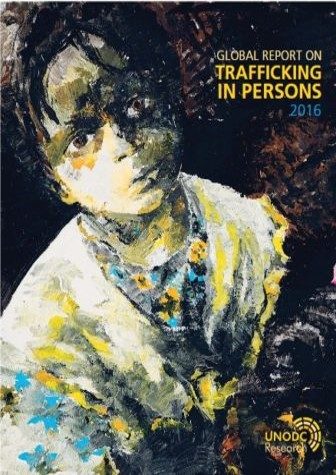

Journalism Fellowships to Investigate Migration, Labor Issues in Gulf Countries
Are you an enterprising journalist based in one of the Gulf countries? Looking for a chance to develop your investigative journalism skills and cover issues on immigrant workers and forced labor?
If so, we have a unique opportunity for you: an intensive workshop taught by leading journalists and outside experts, with mentoring by top editors to produce stories sure to get noticed.


The fellowships are open to journalists based in six Persian Gulf Arab countries: Bahrain, Kuwait, Oman, Qatar, Saudi Arabia and the United Arab Emirates.
The program is sponsored by the Global Investigative Journalism Network (GIJN), a non-profit training and professional development association, in cooperation with its regional member, Arab Reporters for Investigative Journalism (ARIJ). GIJN organizes the biennial Global Investigative Journalism Conference, and ARIJ organizes the annual Arab Investigative Journalism Conference.
Selected fellows will have access to GIJN resources, including its global network of experts on following the money, people, and supply chains.
Selected fellows will attend a three-day training workshop during the last week of February 2018. Following that, participants will be mentored by an editor for six months to produce two stories digging into issues involving forced labor, immigrant workers, or migration abuses. Participants are expected to publish their stories by the end of the program in August 2018.

Fellows will receive airfare and hotel to attend the workshop, with free mentoring by outside editors.
In addition, the two journalists submitting the most impressive stories will receive travel grants to attend the 2019 Global Investigative Journalism Conference in Hamburg, Germany.
To apply, applicants should send a cover letter with a story idea related to forced labor and immigrant workers. Include a detailed plan of how you will develop sources, gather facts, and conduct their investigation.
The plan should include the following:
- Story title or topic
- A paragraph explaining the proposed story
- Steps planned for your investigation
- Who are the alleged victims and what is the possible wrong-doing
- Who is allegedly responsible for the problem (government offices, brokers, etc.)
- What are the elements that need to be investigated?
- Potential story sources
- Links to relevant or similar stories that report on the same issue.
Application Deadline: 15 January 2018
Successful candidates will be contacted by 17 January 2018
Please send the plan with the latest resume to this email: gijn.arabic@gijn.org








